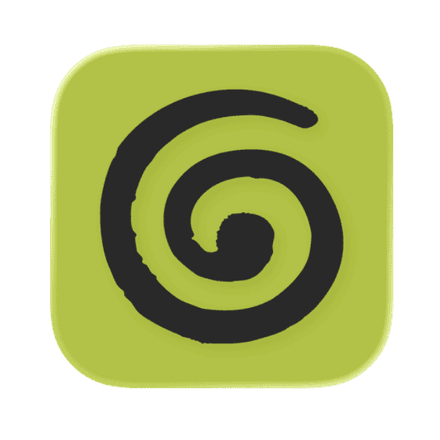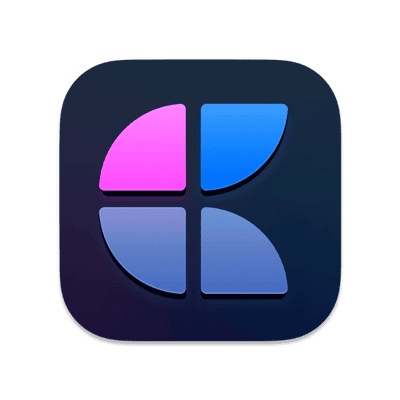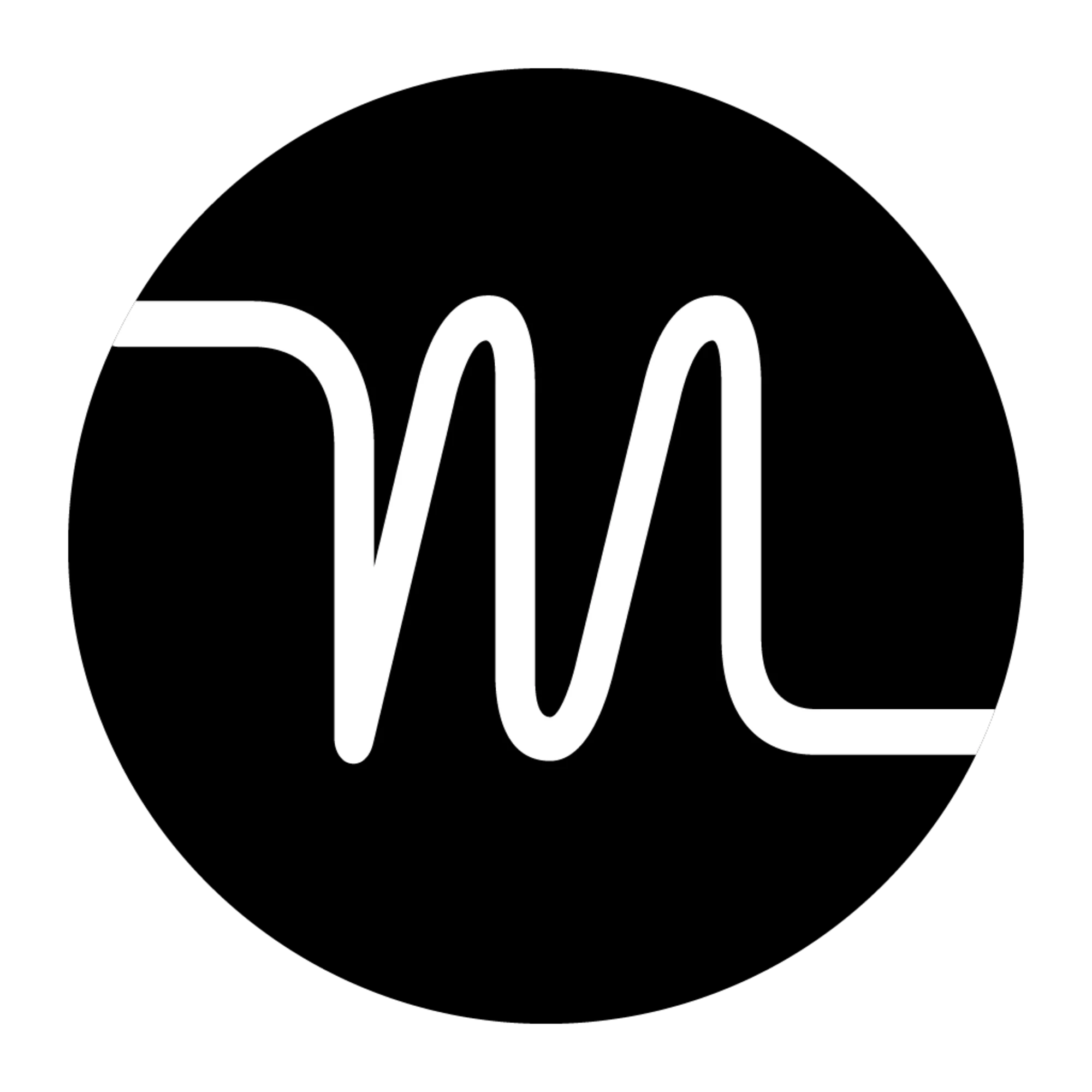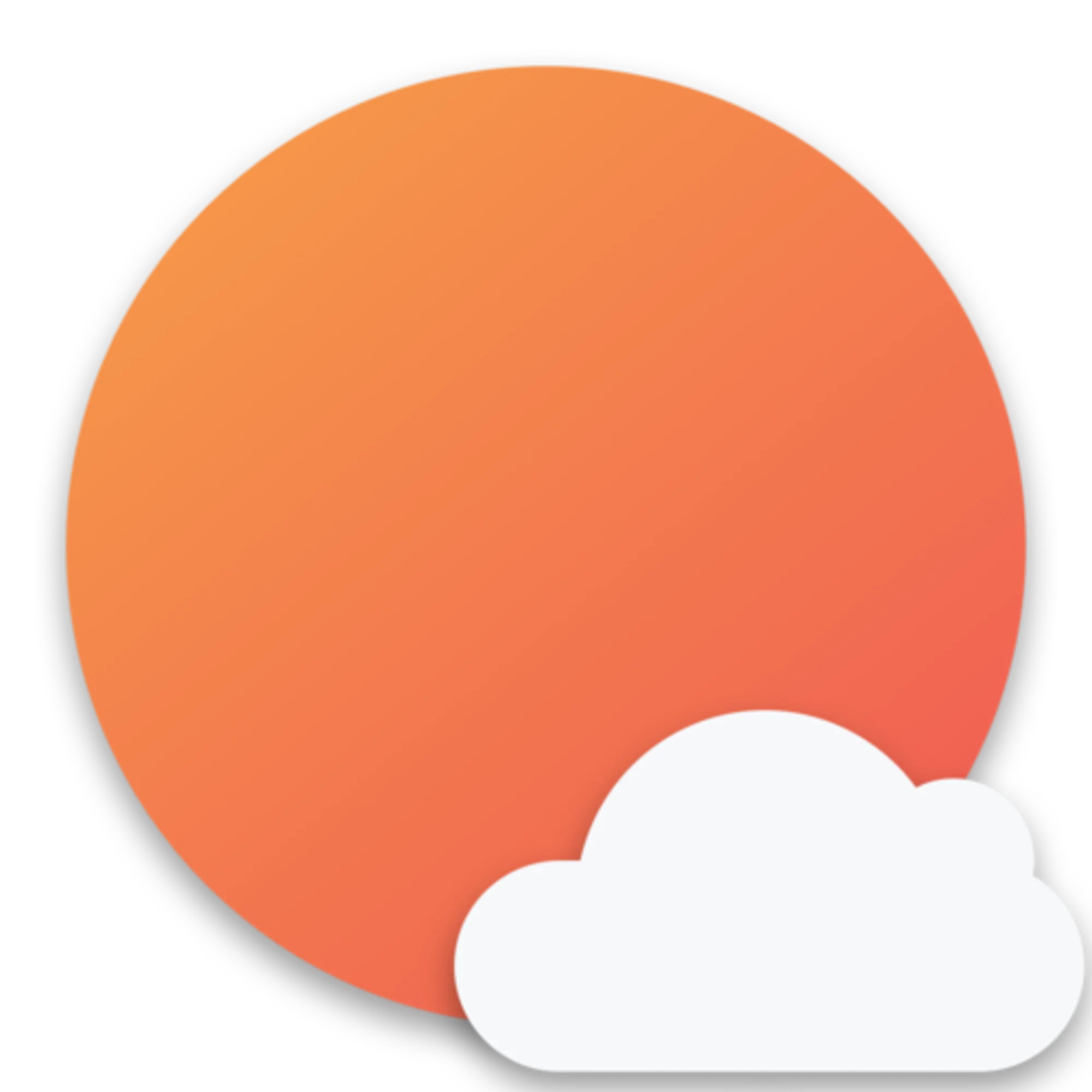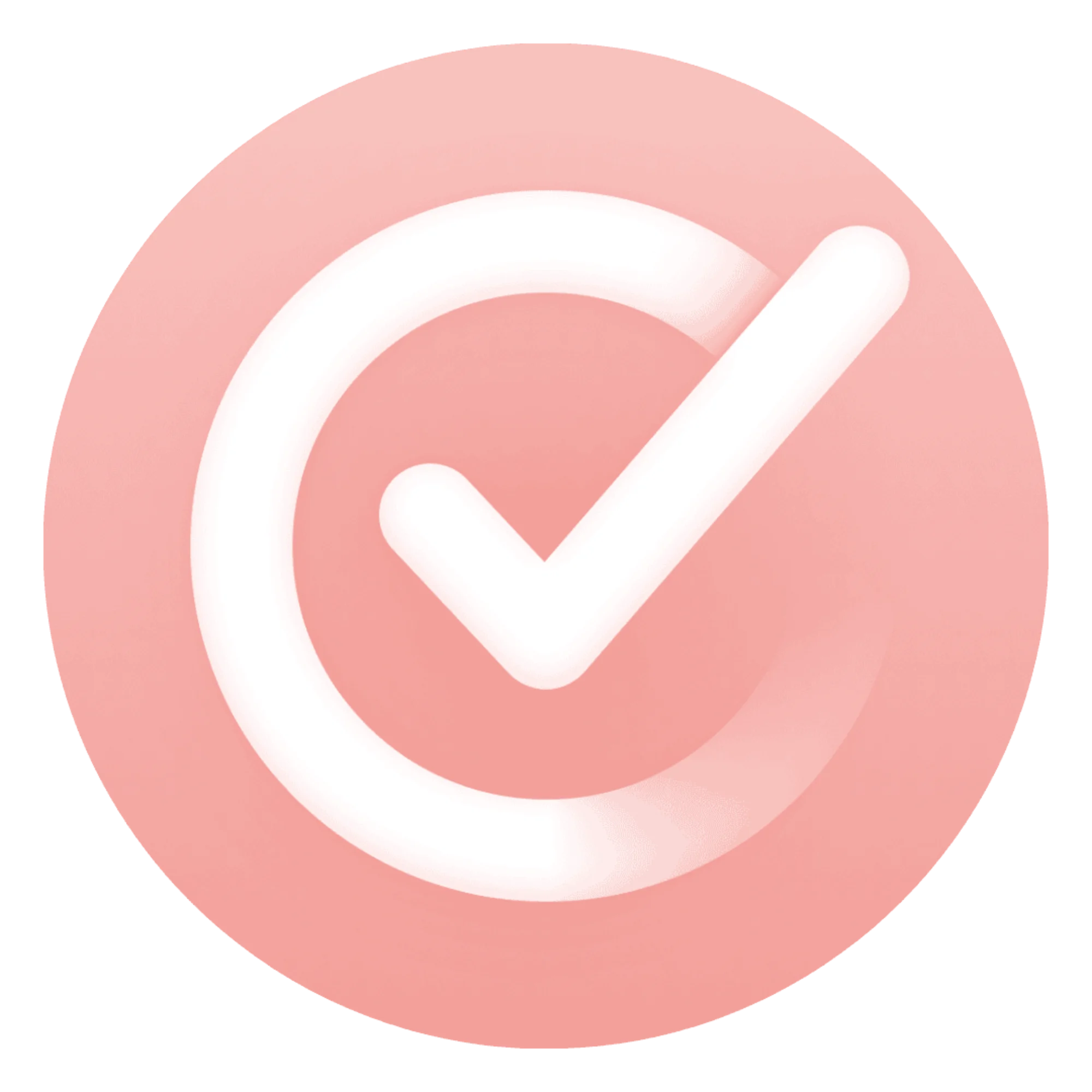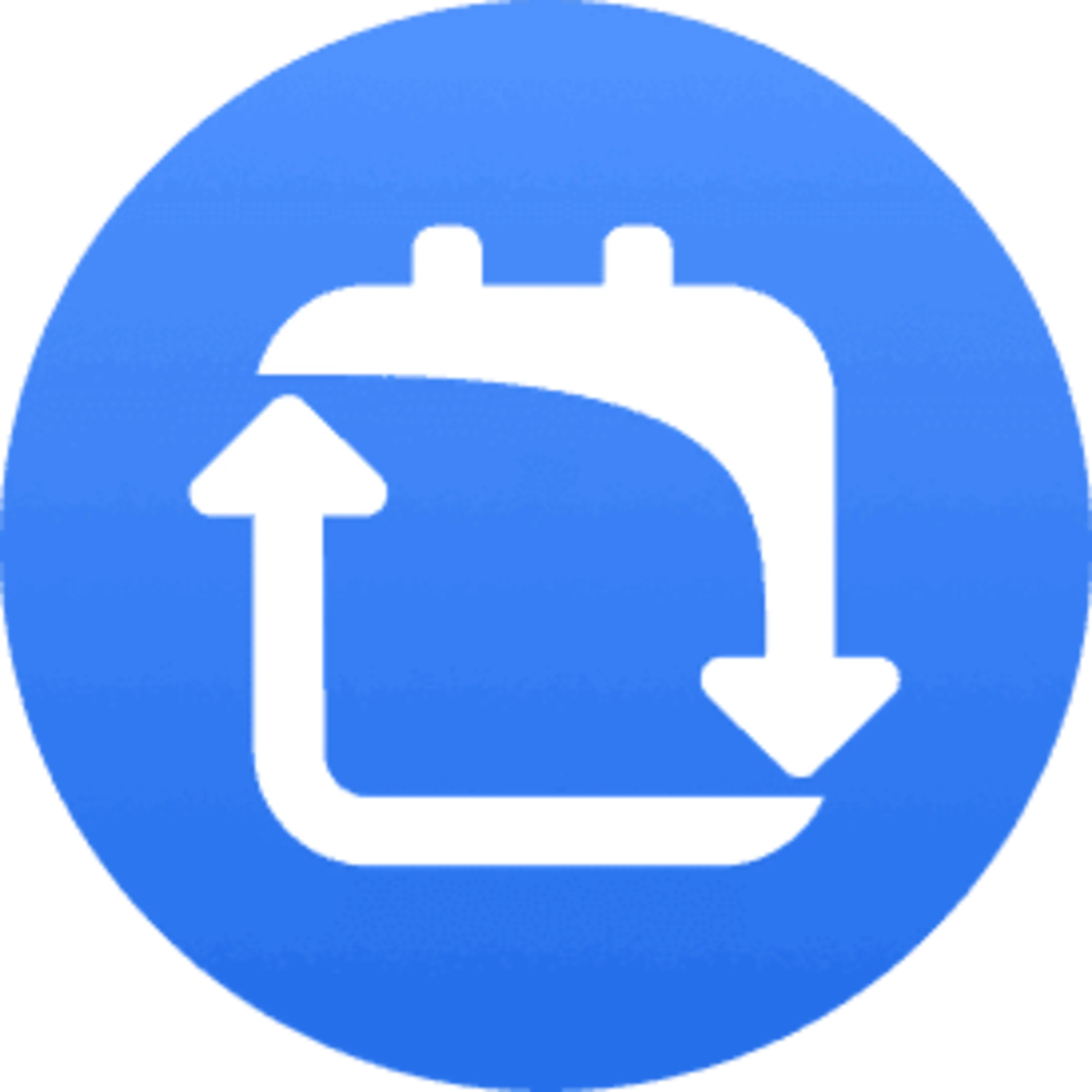Why you might be leaving Morgen?
Morgen Calendar is a well-known resource for managing your calendar on cross-platform devices. Many people love it for its calendar management and use of artificial intelligence to help import tasks from popular applications like ClickUp, Notion, Todoist, and more.
Morgen Calendar brought together a great series of features that included AI, calendar views, and task consolidation.
But Morgen might not have gelled with your style of working, or maybe the loss of the free plan has seen you consider new alternatives on the market. Either way, we've been testing calendar apps for over 12 years now and we wanted to recommend the best of the breed.
These are some super common reasons people leave Morgen: Too Expensive - Morgen has raised the prices and introduced a new pricing plan for all new accounts. Lacking AI Features - Morgen has AI planner but for some people they want more creative use cases of AI.
So that's what criteria we've based all of these app alternatives against - having similar features with a range of pricing and other abilities. If budget is your worry, try these free calendar apps.
Motion
Best for AI Powers
Motion is probably one of the closer alternatives to Morgen and does AI very well. Morgen allows you to add a task, and it will automatically be shuffled into the right location that the algorithm suggests. This is really helpful because it can start weaving into projects and other activities. Motion is pricier than the likes of Morgen which is something to note.
More recent introductions in pricing have doubled the cost of the application.
Many people continue to explore it as one of the leaders in AI task management. Morgen offers the ability to bring in tasks from other apps like Todoist, ClickUp & more. Motion does not have this.
You can bring in tasks from Slack, Microsoft Teams, email, and a few other outlets, but nothing in comparison with the task consolidation that the likes of Morgen can bring together.
The real reason that you may consider Motion above Morgen is the AI capabilities. More recently, Motion has extended this into documents, where you can extract core tasks and turn any of your documents into projects or task lists for you to help work in. The benefit is that it just automatically plots them out on the calendar, which is incredibly helpful for reducing that prioritization issue.
So we'd probably say Motion is better than Morgen if you're more of a busy professional that relies on prioritization, and task consolidation isn't too much of a problem for you. This application is more pricey than the likes of Morgen, but is a good consideration if you're looking for an upgrade to how you power your task management. Motion starts at $29 per month for individuals.
This is more expensive than Morgen but offers more AI features.
Akiflow
Best Like for Like Alternative
Akiflow is the next alternative and is very similar to the likes of Morgen in a variety of ways. It does task consolidation very well, allowing you to bring in tasks from similar platforms. It also has a Zapier integration as well, which can help you bring together all of your different integrations: even ones that they don't cover in their native integrations.
Akiflow also has a chatbot-like experience called Aki, which for many people would be a great way to reorganise a meeting, suggest times, and send emails to others, as well as plotting out tasks on the list that is in front of you.
Whilst Akiflow doesn't have any smart planner abilities - where it helps to automatically plot items into your calendar: what it does very well is something called Time Slots, which allows you to create a time block and drag items from different platforms into the experience.
This helps you to stack all of your most important tasks into one base for you to start working on - something a lot of people like.
Akiflow is a little bit more expensive than the likes of Morgen, but like for like, it's probably one of the closest alternatives on the market. In our opinion, it doesn't do calendar as well as Morgen, and the capabilities when it comes to smart task allocation aren't as good.
But it does offer some really unique settings, including the ability to have rituals, which is basically like guided planning: which can help you to organise a day if you're suffering from that mental block of starting a day or shutting down.
Sunsama
Best for Mindful Planning
Sunsama is a really easy-to-use and attractive application, much like Akiflow and Morgen. It allows you to consolidate tasks into one, allowing you to bring in your most important Notion and ClickUp tasks, whilst being able to see your Sunsama tasks and organise them into the right spots.
This works out very well if you're somebody that wants to be able to continue how you were using Morgen in that capacity.
Many people like that Sunsama focuses itself more on mindful task management.
Whilst Morgen has some of these abilities, like Smart Planner, which can help you to be a bit more adaptive around your energy levels, Sunsama does a better job at helping you focus.
For example, placing something like small tasks in the morning so you can crunch on with them and pre-populating them with tasks from your consolidated apps is incredibly helpful.
Sunsama does a better job at helping you focus on a task with Pomodoro timers, planning a day and shutting down the day, as well as making sure you're not overloading yourself based on the amount of tasks that you have in a typical day.
If your worry was the mindfulness aspect of the applications you use, and making sure you focus on quality, not quantity tasks, then Sunsama does. If you're looking for AI-powered features in Sunsama, to be honest, you're probably not going to get as many good ones.
There is auto-scheduling and the ability to tag any of your projects and time-associated tasks, which is a nice time-saver if you're looking to use it every single day.
But you're probably best off looking for AI-powered tools in apps like Akiflow and Motion as alternatives.
FlowSavvy
Best for Budget Alternative
Maybe you're looking to save some money? But you don't want something that is just a basic to-do list application. It's well worth considering apps like FlowSavvy. FlowSavvy is an interesting tool, primarily because what it does very well is has auto-scheduling features built with Google Calendar.
Many people find this really helpful because the application isn't vastly expensive. The pricing is around $8 to $10 per user right now.
However, in comparison with other options like Morgen or Sunsama or Akiflow, it's almost 30% less than you'd typically pay.
FlowSavvy does a lot of things quite well, like time-blocking, being able to bring in your different calendars, and being able to, in the premium, upgrade for prioritisation and working hours so that you can adapt those, and the auto-scheduling can learn more for you.
But it's not the most attractive application in comparison with Morgen, Sunsama, or Motion in terms of its looks. FlowSavvy doesn't have any obvious AI features. The AI is more baked into the application with auto-scheduling, making decisions based on attributes. But the features are really nice, especially the time-chunking feature.
You can just add a time-blocked item, and it'll help organise and break it down into the relevant areas, which is comparable to apps like Motion.
It works very well for many people to allocate tasks without them having to do it for themselves. You can also weave in breaks and habits, too.
Reclaim AI
Best for Google Calendar
Reclaim AI is another consideration. The application is more designed for teams, and it's great for one-to-one smart meetings, allowing you to book meetings with employees or co-workers that allow you to have more focused time that works on both of your hours. Reclaim does a good job of being a Morgen alternative.
Thanks to their Google Calendar integration, it allows you to create a calendar for yourself, adding tasks, time-blocking them, managing your priorities, and using a feature called Habits, allowing you to set up three habits so that you don't miss things like lunch, meditation, or routine items that come across your day.
The application also uses AI to reorganise that, and it has a pretty generous free plan. The premium pricing isn't bad, but it's a bit expensive. The application has recently been acquired by Dropbox. They've also introduced new focus modes to help you get into the zone when starting a task.
But one of the things that does let it down is it's only available with Google Calendar, and more recently, Outlook as well.
So there are some pain points in the fact that users won't be able to get access to that.
Structured
Best for Casual Users
If you're looking to save a bit of money, then there's an application for iOS - and it does come on macOS - that is called Structured. This one is much more casual, so if you're looking for a fully-fledged Morgen alternative, it's not quite that, mainly because it has some of the core features, but doesn't have all of them.
The application is designed much more mobile too, allowing you to essentially add tasks and create a timeline-like routine for your day ahead.
Many people really like this because it gives them a visual representation of their day - sort of supersedes the concept of time-blocking. It's really nice as well because you can have recurring tasks, and in the premium, there's this feature where you can essentially ramble into artificial intelligence what you want your day to be structured like.
Like: 8am, clean teeth; 8:30, go for a run; 9am, start work.
It'll help plot it out entirely for you, so you can just use your voice to reorganize your entire to-do list for the day: which for some people is really helpful. It's got a lot of the aesthetics that you typically see inside of Morgen Calendar, but at the same time it doesn't have the power that you get with the AI features, or the capabilities with time-blocking or task consolidation.
But if you've realised that you weren't benefiting from that inside of Morgen, then Structured is a great alternative and comes at a really cost-effective price for a lot of people. And it's an incredibly well-built application if you're looking for something lighter.
We typically recommend it for stay-at-home mums, stay-at-home dads, casual task management users, and those who are looking for a more casual and basic use across their workday. But at the same time, it is well worth noting as a Morgen alternative.
TimeStripe
Best for Goal Planning
Our final recommendation is Timestripe. Now Timestripe is a strange application because what it does is help you to plan your goals - so you can set your goals in years in advance. For example, you can set a 20-year goal and then have it trickle down to your daily goals. This is really nice because you keep your goals in mind when it comes to planning your tasks.
For a lot of people, this is really nice because you can break things down into boards, you can see and visualise what's ahead, and you can even use all the regular calendar views you'd get inside of Morgen. It's not as traditional in the sense of time-blocking or task consolidation, but you can invite your team members and start using it to visualise some of your tasks.
Top Recommendations
Best Morgen Alternative for Students
Taking a look at everything collectively, you're probably wondering which one is best for me. So here are the best Morgen alternatives and their breakdowns accordingly.
So we'd probably recommend for students that Structured or Reclaim - if you use Google Calendar - to be the best alternative for you. They're simple, low cost, and easy to get started with if you decided to upgrade. They're really basic in nature, but they do have the AI-powered features that are most practical to students - like in Structured.
Being able to quickly add all of your tasks and organise them into your weekday, but also the ability in Reclaim to set priorities and habits which might give you a bit of structure as part of your student or college lifestyle. So these are probably the best alternatives for you.
Best Morgen Calendar alternatives for busy professionals
To be honest, if you liked Morgen and you're a busy professional, you're somebody that has a lot of intensity around their job - maybe you're self-employed, a freelancer, a solopreneur, or someone like that - then you'll probably find a lot of benefit in apps like Motion and Akiflow.
Motion does a really good job of bringing together all of your projects and your documents to help turn them into more practical things, and also does the prioritisation system very well. Not relying on you to prioritise the task itself, but giving it context enough to organise it to your liking.
Akiflow is another alternative for you, which is sort of like Morgen, but comes with more of a task management focus - which a lot of people like.
The AI chatbot feature is also very nice as well, and does compare in similar nature to Live Assistant, which is available in Morgen and is coming soon.
Best Morgen alternatives for all-round use
It's probably between Akiflow and Sunsama that Morgen Calendar is closest to. It has the vibe and feel of Sunsama, but the powers that suit that Akiflow have. So if you're looking for something that is versatile in both ways, then these applications work great. These applications are slightly more expensive if you're looking to consider them, so do make note of that as you jump on board with them.
They're probably around 30% more expensive per month.
Best Morgen alternatives for budget users
If you're on a budget and you're worried about paying out vast amounts per month for an application, then it's well worth considering a traditional to-do list app. If you haven't yet checked them out, then these applications can be good all-rounders and come about half to 60% less than you'd pay for something like Morgen.
But in our list, we'd probably recommend FlowSavvy as the best budget application that reaches similar features and costs less collectively. This one is great if you're looking for something that resembles Morgen but doesn't have as much fluff around. It doesn't have the task consolidation, but if that wasn't a worry for you, then that's fine.
This application does a good job of the auto-scheduling abilities, and the premium isn't massively pricey.
